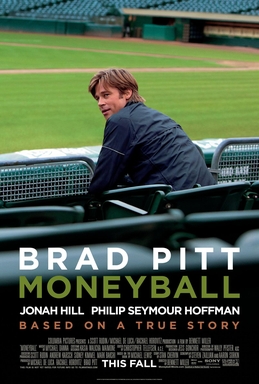SPOILER ALERT! ALSO, THIS REVIEW WAS WRITTEN FOR PEOPLE ALREADY FAMILIAR WITH THE SERIES!
Avery's Review
Since its first chapter, Bakuman has gone against all standards that characterize shonen manga, a direct contradiction to what the story actually reveals about the world of creating manga. Volume seven is no different in this respect. One of the slowest volumes in the series, it proves yet again that shouted words can be more exciting than gory violence.
Many important characters get sidestepped like landmines in lieu of the rest of the cast, which is not atypical for this series. Fukuda got maybe two pages total, if even that, while Miho was not even seen, unless one counts her text messages. This volume truly focuses on Mashiro, Akito, Miura, Ko, and, to a lesser extent, Nakai. These characters all have deep moments in this volume that truly allow their characters to shine. The Ashirogi pair argue heatedly against their editor, Miura, while Ko struggles with some advice given to her by her new editor as well as her own emotions. To add to the already overwhelming cast of characters, old faces reemerge and intersect with the current characters. As a final note on the cast in this volume, the characters appear to be better structured in this volume as opposed to the previous one.
It is still surprising that everybody seems to know everybody in this manga. It is like the cast is trapped within a cage that forbids them from interacting with anyone not relevant to the plot. Speaking of being unrealistic, Mashiro and Akito finally seem normal in this volume, at least for a chapter or so, anyway. They enjoy (sort of) free time, go to college, and gaze at girls, just like two healthy teenagers should be doing.
Volume seven suffers from the same problem as the past six volumes: walls of text. The daunting amount of speech bubbles found on every page looks intimidating and might frighten readers away. Though, once one gets past this external appearance, one finds that the enormous amount of dialogue, in some ways, helps the manga excel. More content is covered in Bakuman thanks to its large amount of text, allowing readers to get more substance for their eight dollars than other shonen titles.
Obata and Ohba have twice now proven to the world that all a story needs to be interesting is a solid plot. Excitement does not strictly pertain to action scenes; it can simply be three people sitting in a diner arguing over creative differences. Volume seven, with its superb artwork and even greater storyline, manages to instill a sense of excitement in a reader when exactly that is happening. All in all, this volume won’t make anyone sweat with anticipation, but it certainly will grip at one’s attention and hold it tight, just as any great story should.
Rating: 3.5 out of 5



